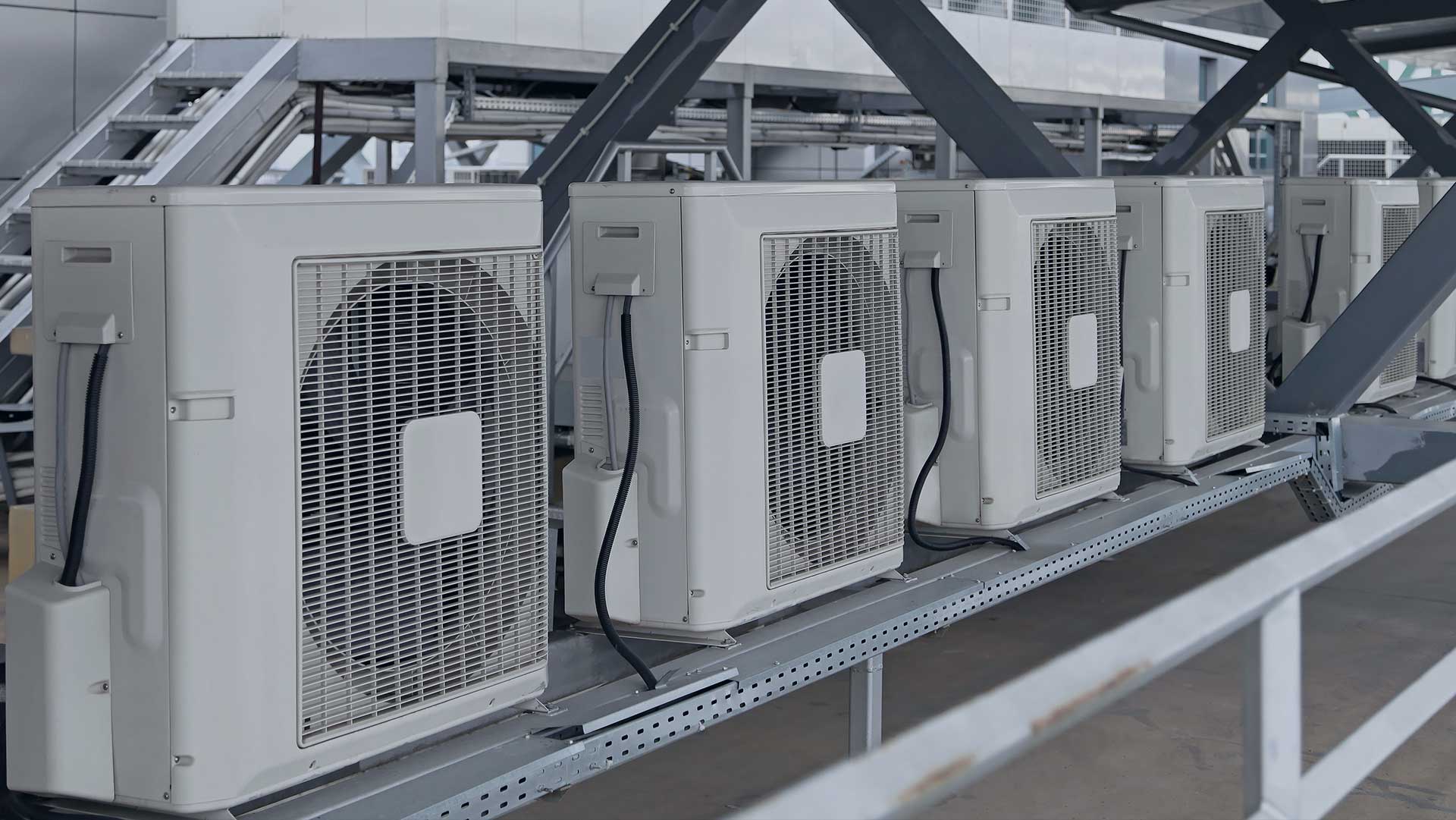
In today’s fast-paced world, comfort in our living spaces has become a top priority. Whether it’s escaping the sweltering heat of summer or cozying up during the chilly winter months, effective heating and air conditioning systems play a crucial role in creating a comfortable home environment. Understanding how these systems work, and how to optimize their performance, can transform your living experience.
Mastering the art of heating and air conditioning isn’t just about installing the right equipment; it involves knowing how to maintain it, recognizing common issues, and implementing energy-efficient practices. This guide aims to provide you with the knowledge you need to ensure your indoor climate is always just right, making your home a sanctuary of comfort regardless of the season.
Understanding Heating Systems
https://www.bostonconstruct.com
Heating systems are essential for maintaining a comfortable indoor environment, especially in colder climates. There are various types of heating systems, each with its own mechanism for generating and distributing heat. The most common systems include furnaces, boilers, and heat pumps. Furnaces use fuel sources such as natural gas, oil, or electricity to produce warm air, which is distributed throughout the space via ductwork. Boilers heat water and send steam or hot water through pipes to radiators or baseboard heaters.
Another popular option is the heat pump, which operates by transferring heat from the outside air or ground into the home. This system is versatile, as it can provide both heating in the winter and cooling in the summer, making it an energy-efficient choice for year-round comfort. Understanding the specific features and benefits of each heating system can help you make an informed decision based on your home’s needs and your budget.
When considering a heating system, factors such as efficiency ratings, installation costs, and maintenance requirements should be taken into account. The efficiency of a heating system is often measured by its Annual Fuel Utilization Efficiency (AFUE) rating, which indicates the percentage of fuel that is converted into usable heat. Higher efficiency ratings typically lead to lower energy bills, making it worthwhile to invest in a top-performing system.
Exploring Air Conditioning Options
When it comes to air conditioning, homeowners have a variety of options to choose from, each tailored to different needs and preferences. Central air conditioning systems are popular for their ability to cool an entire home efficiently. These systems are integrated with the home’s heating infrastructure, providing both heating and cooling through a network of ducts. This option is ideal for those who prioritize comfort in all rooms and are looking for a consistent temperature throughout the space.
For those who want flexibility, ductless mini-split systems can be an excellent alternative. These systems consist of an outdoor compressor and one or more indoor units that can be installed in various rooms. They allow for individualized temperature control, making them perfect for homes where different areas require different cooling levels. This option also makes installation easier in homes without existing ductwork, reducing the hassle and expense of retrofitting.
Portable and window air conditioning units offer a more budget-friendly solution for cooling specific areas, making them ideal for renters or those seeking temporary options. These units are easy to install and can be moved from room to room as needed. While they may not be as efficient as central or ductless systems, they provide an effective way to cool smaller spaces without extensive modifications to the home. Each option has its advantages, allowing homeowners to select the perfect system based on their living arrangements and cooling requirements.
Maintaining Your HVAC System
Regular maintenance of your HVAC system is essential for ensuring its efficiency and longevity. Start by changing or cleaning the air filters every one to three months, as dirty filters can restrict airflow and reduce the system’s effectiveness. Additionally, scheduling professional inspections at least once a year will help identify potential issues before they become major problems, keeping your heating and air conditioning operating smoothly.
Another important aspect of maintenance is keeping the outdoor unit clean and clear of debris. Remove leaves, dirt, and other obstacles that may obstruct airflow around the unit. This not only helps the system perform better but also aids in preventing damage from environmental factors. Ensuring proper drainage and addressing any blockages will improve the unit’s efficiency and prolong its life.
Finally, consider the importance of checking the thermostat settings and recalibrating them if necessary. A properly functioning thermostat ensures that your HVAC system operates only when needed, which can lead to serious energy savings. By regularly reviewing and maintaining your HVAC system, you enhance your indoor comfort while reducing energy costs.
